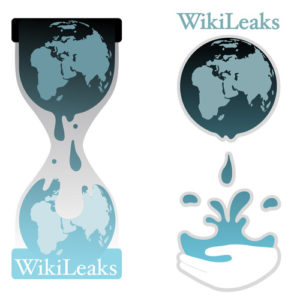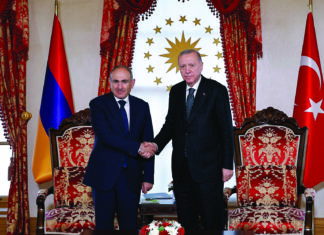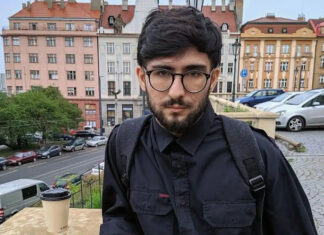 By Amberin Zaman
By Amberin Zaman
ISTANBUL (Al-Monitor) — Turkish President Recep Tayyip Erdogan seems omnipotent, but few doubt that he is grooming Berat Albayrak as his successor. Foreign officials have described Albayrak to Al-Monitor as “Turkey’s most powerful man after Erdogan.” Some go as far as to suggest that he is already de facto running the country. Those who want to glean more about Albayrak, Turkey’s energy minister and Erdogan’s son-in-law, can now sift through more than 57,000 emails supposedly associated with his personal email account that WikiLeaks released December 6.
The missives, spanning the years 2000 to 2016, cast a rare light on Erdogan and his inner circle and their interactions with business, the government and the media. Some of the juiciest tidbits in “Berat’s box” are found in exchanges between Albayrak and his brother Serhat, who runs the pro-government Turkvuaz Medya conglomerate and is a board member of Calik Holding, a giant Turkish company with interests in energy, construction and telecoms, among other things.
In the emails, Serhat forwards his conversations with Mehmet Ali Yalcindag, US President-elect Donald Trump’s business partner in Turkey. Yalcindag is the son-in-law of the Turkish media mogul Aydin Dogan and has close relations with Albayrak. He arranged the November 9 telephone conversation between Trump and Erdogan after Trump’s election victory.
The emails reveal that Yalcindag used his position to censor Dogan-affiliated journalists critical of the president. Yalcindag was forced to step down as CEO of Dogan Publishing after Albayrak’s emails were first leaked in September by RedHack, a Turkish hacktivist group. RedHack made good on its threat to make them public after the government spurned its demands to release several left-wing activists from detention.
The government swiftly blocked access to the emails, but not before some of the more controversial content hit social media, notably information purportedly linking Albayrak to the Turkish energy company Powertrans, with which Albayrak denies any association. The correspondence, if authentic, suggests that Albayrak had a say over Powertrans affairs. This, in turn, raises conflict of interest issues because of his personal connection to Erdogan.







